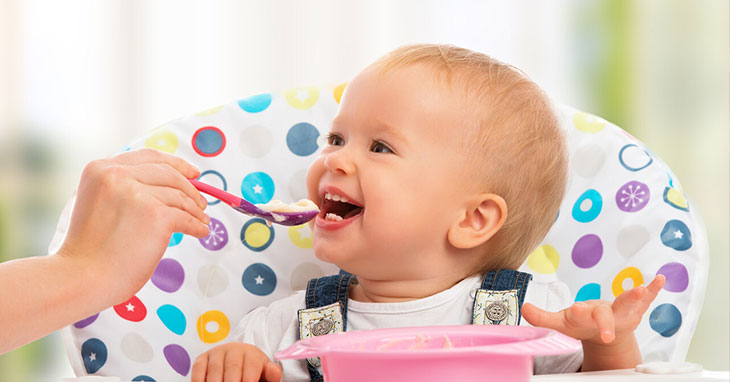Pregnancy can bring a lot of changes to the body. Some of these changes are pleasant like a glow on your face, but some of these changes are unwelcoming like swelling, nausea, vomiting and even changes in eyesight.
Hormonal Changes
Hormonal changes during pregnancy are responsible for physical changes as well. Pregnant women experience sudden changes in hormones which are related to the growing fetus inside the body. Dramatic changes in estrogen and progesterone are responsible for affecting the mood of the expecting mother. Some effects of hormonal changes include a certain facial glow, significant development of the baby, and impact of physical activity such as exercise on the body.
1. Estrogen
The two chief hormones developed during pregnancy are estrogen & progesterone. An expecting mother will produce more estrogen during pregnancy than in her entire lifetime. Due to a sudden spike in estrogen, the following changes occur in the body of the mother & baby:
- Formation of blood vessels
- Transfer of nutrients
- Effective development of the baby
- Development of milk ducts in the breasts.
Estrogen levels start to increase and reach their maximum level in the third trimester. If the required estrogen is not being fulfilled then medicines such as Premarin vaginal cream help elevate the hormone to the required level.
2. Progesterone
Changes in progesterone levels cause the loosening of the joints in the body. High levels of progesterone cause internal organs to increase in size such as ureters. This hormone is also responsible for causing several important tasks such as keeping the uterus muscles relaxed and protecting the immunity system of the mother from foreign bacteria. If required progesterone levels are not met then you can try natural ways to spike this hormone by reducing stress, more bed rest, maintaining normal body weight, and acupuncture.
Other Hormonal Changes
There are a few other significant hormones that develop during pregnancy, such as:
- Calcitonin: Promotes bone development.
- Erythropoietin: Regulates production of red blood cells.
- Insulin: It controls the metabolism and consumption of foods intake by the mother and baby.
- Vasopressin: Responsible for water retention.
- Adrenocorticotropic hormone: Responsible for producing adrenaline which contributes to stretch marks and swelling on the mother’s body.
- Thyroxine: It is a thyroid hormone that is responsible for affecting the mothers’ oxygen consumption in the body. It interacts with the growth hormone to regulate fetal growth and develops the nervous system of the baby as well.
- Endorphins: These are happy hormones and may prove helpful in inducing labour.
- Cortisol: This hormone helps in the lung formation of the baby. If it is produced in high concentration, the mother may experience stress. It also affects the learning ability of the mother.
These hormonal changes are temporary and may get to their normal level after delivery. Until then, you can manage the increased levels of these hormones by taking care of your diet, exercising, getting enough physical activity and avoiding stress. Remember it’s all worth it when you meet your newborn baby.


